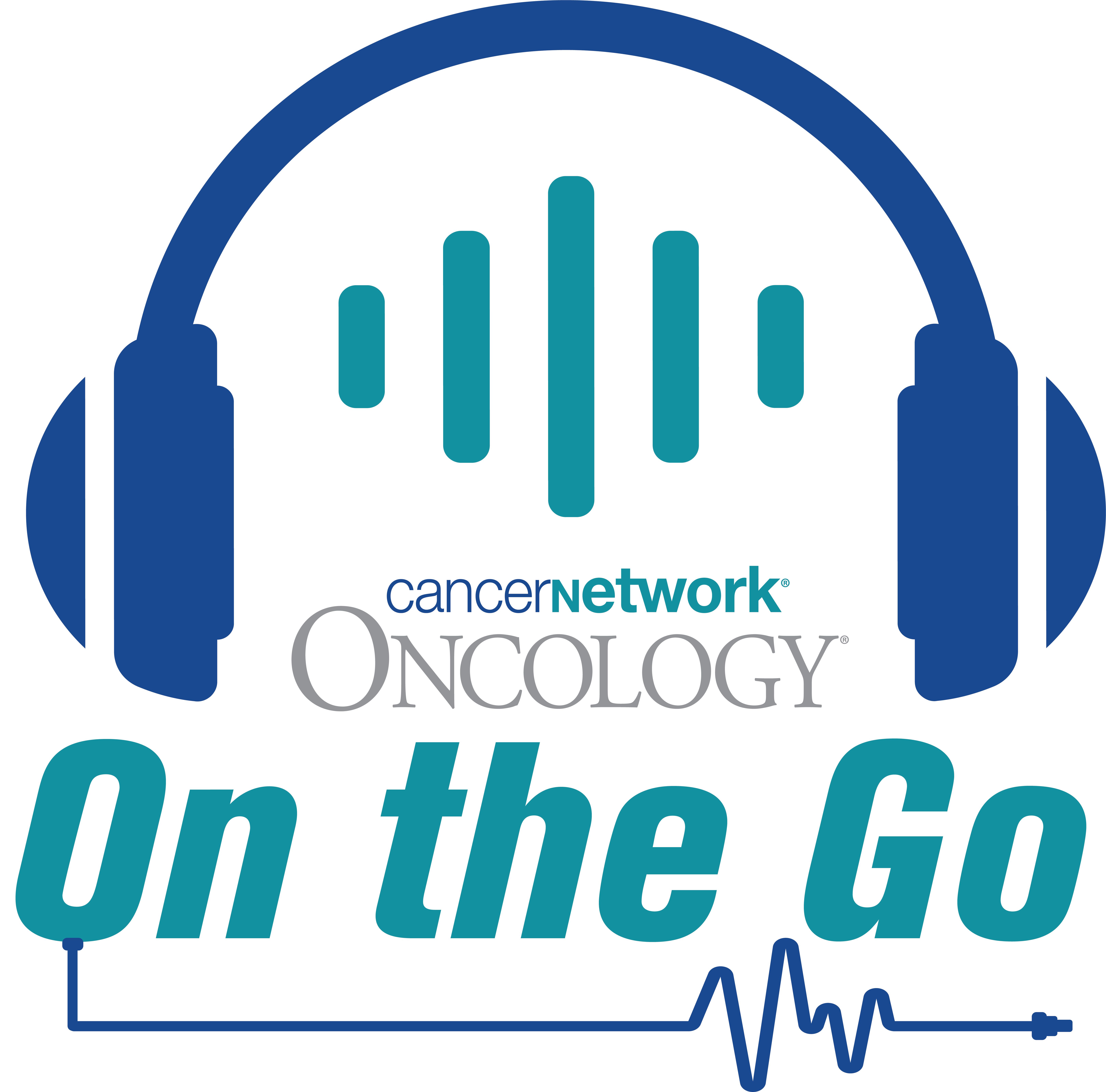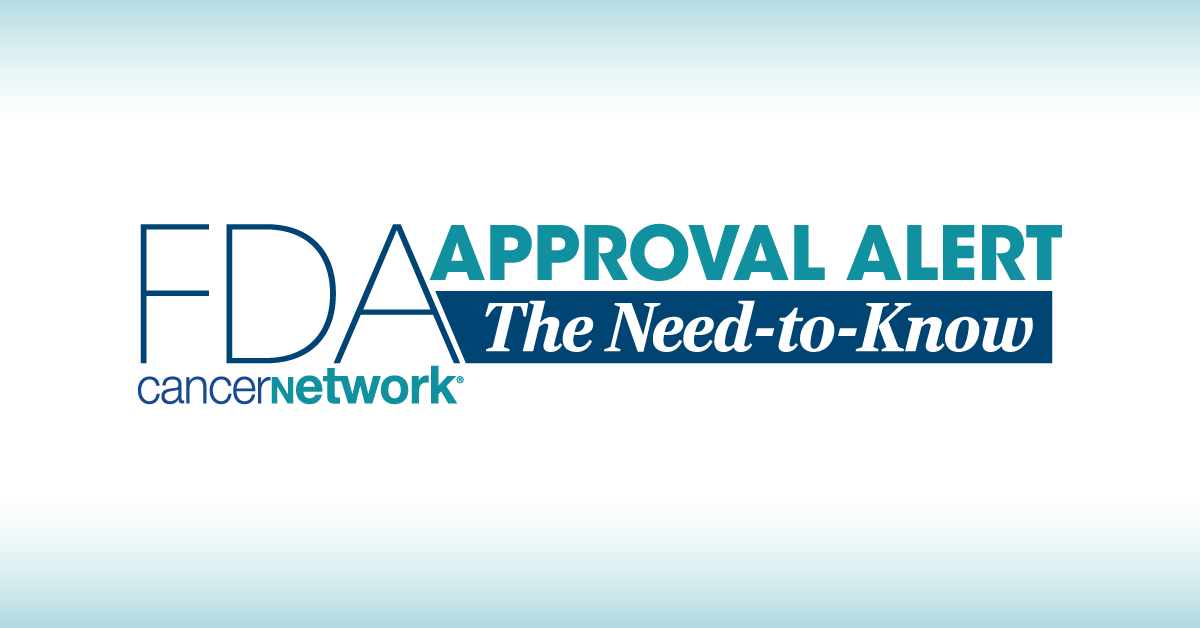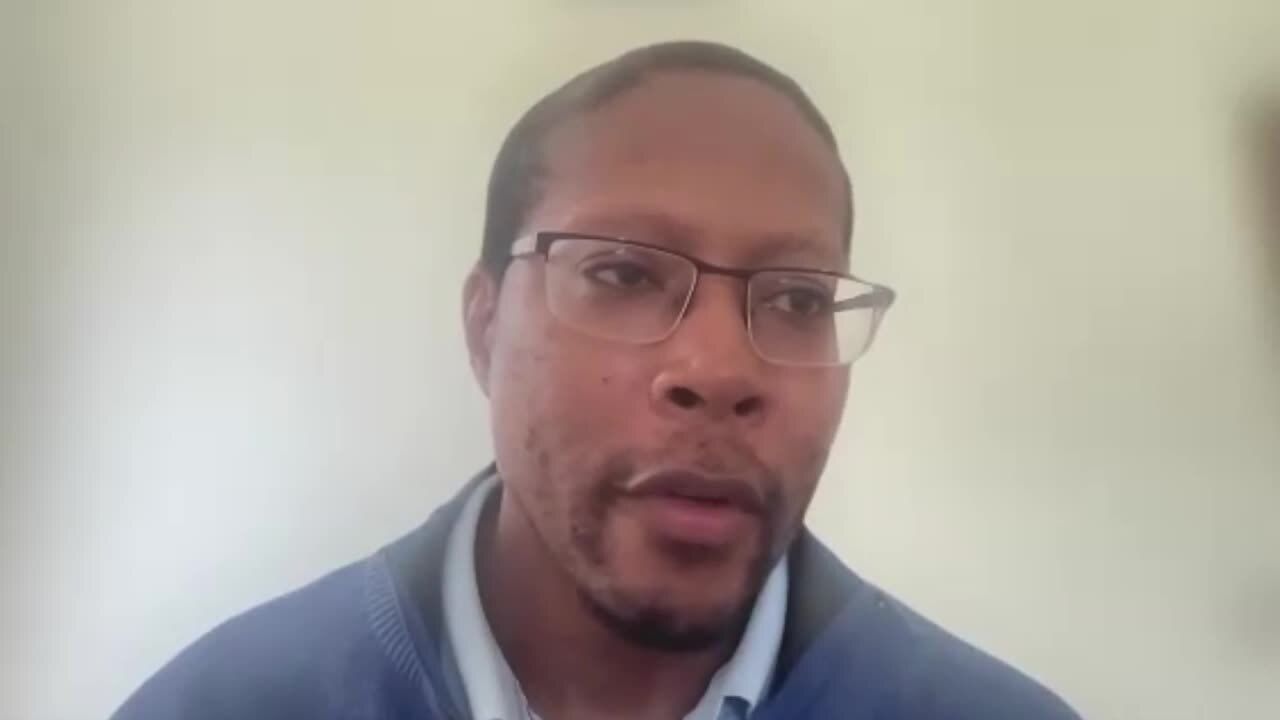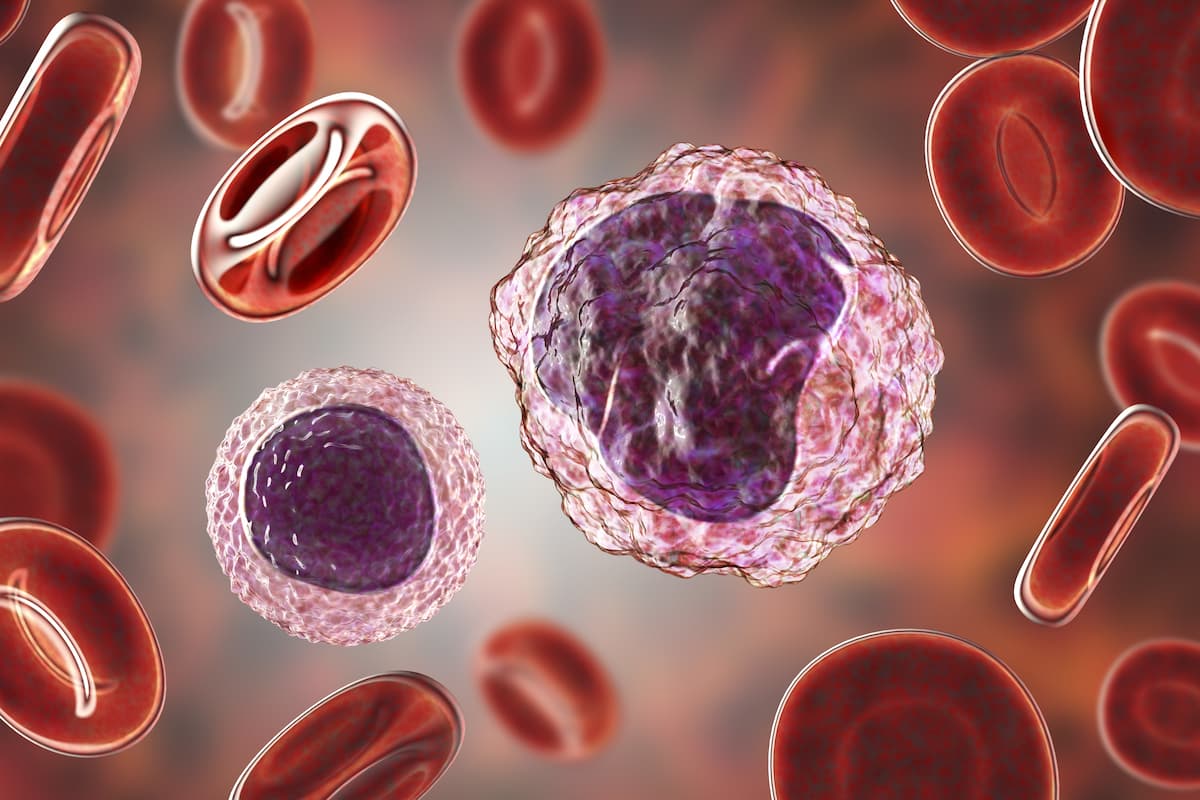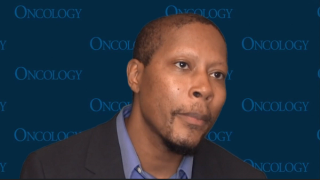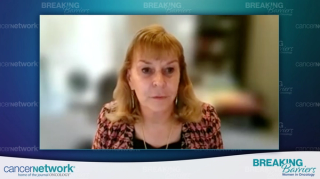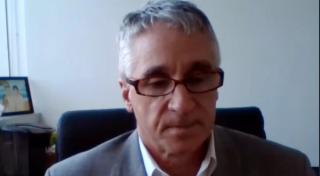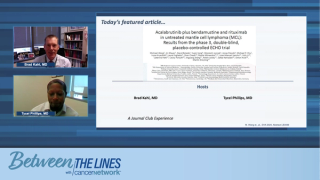
Lymphoma
Latest News
Latest Videos

CME Content
More News
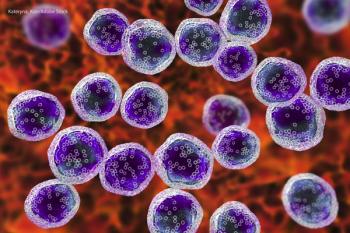
The European Commission is expected to decide on approving epcoritamab in relapsed/refractory follicular lymphoma later in 2024.

Findings from the EPCORE NHL-1 trial support the FDA approval of epcoritamab in relapsed/refractory follicular lymphoma.

Golidocitinib monotherapy had a superior clinical benefit in patients with relapsed/refractory peripheral T-cell lymphoma vs existing treatments.

Administering CAR T-cell therapy in an outpatient setting to patients with relapsed/refractory non-Hodgkin lymphoma was deemed feasible and safe.

Brentuximab vedotin led to unprecedented progression-free survival for patients with classical Hodgkin lymphoma.

Findings from the TRANSCEND NHL 001 trial support the FDA approval of lisocabtagene maraleucel in relapsed/refractory mantle cell lymphoma.

Data from the ALLELE trial support the application for tabelecleucel in patients with EBV-positive post-transplant lymphoproliferative disease.

Data from the TRANSCEND-FL trial support the accelerated approval of lisocabtagene maraleucel in relapsed/refractory follicular lymphoma.

Data also highlight a favorable overall survival trend with the acalabrutinib regimen in the phase 3 ECHO trial.

Researchers from MSKCC have explored the potential of personalized fludarabine dosing, based on population pharmacokinetics, to enhance the outcomes of CD19 CAR T-cell therapy in patients with relapsed/refractory aggressive B-cell non-Hodgkin lymphomas.

Loncastuximab tesirine and rituximab led to encouraging responses in most patients with relapsed/refractory follicular lymphoma in a single-center study.
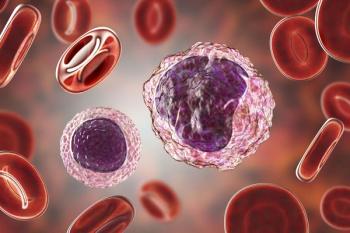
Phase 2 findings support nana-val as a promising treatment option for those with EBV-positive peripheral T-cell lymphoma.

Additional data and results from the phase 3 STARGLO trial of glofitamab for patients with relapsed/refractory diffuse large B-cell lymphoma will be presented at an upcoming medical meeting.

HR001 was found to have an efficacious response for patients with relapsed/refractory non-Hodgkin lymphoma.

The agency submits complete response letters based on the enrollment status of confirmatory trials for odronextamab in follicular lymphoma and diffuse large B-cell lymphoma.

The regulatory agency sets a Prescription Drug User Fee Act date of August 13, 2024, for denileukin diftitox in relapsed/refractory cutaneous T-cell lymphoma.
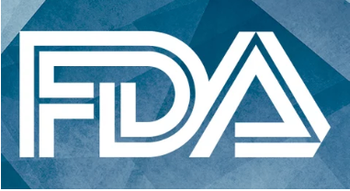
Patients with relapsed/refractory chronic lymphocytic leukemia or small lymphocytic lymphoma can now receive lisocabtagene maraleucel after the FDA approved the drug, which was based on the phase 1/2 TRANSCEND CLL trial.
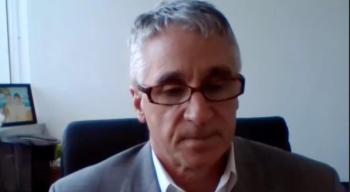
It may be applicable to administer CAR T-cell therapy to patients with large B-cell lymphoma in a community or outpatient setting.
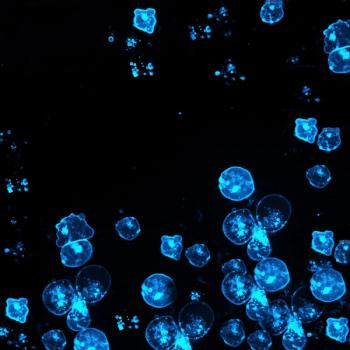
Treatment with brentuximab vedotin, lenalidomide, and rituximab yielded a progression-free survival benefit in the phase 3 ECHELON-3 trial.
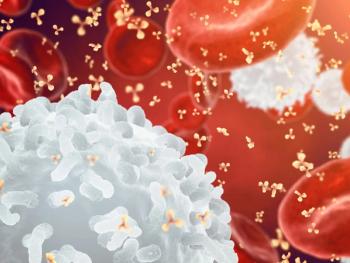
Strategies must be framed for addressing racial and geographic disparities in access for CAR T-cell and bispecific antibody therapy, according to the study authors.
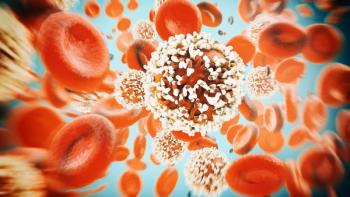
Investigators plan to reinitiate enrollment of patients with non-Hodgkin lymphoma as part of the phase 1a/1b NX-2127-001 trial.
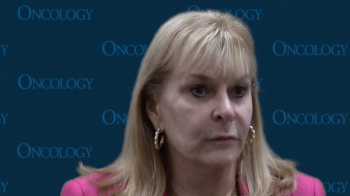
The FDA approval of zanubrutinib plus obinutuzumab showed a benefit to patients with relapsed/refractory follicular lymphoma, according to Julie Vose, MD, MBA.

Patients with relapsed/refractory follicular lymphoma can now receive zanubrutinib plus obinutuzumab based on the data from the phase 2 ROSEWOOD trial.

Data from the phase 1/2 EPCORE NHL-1 trial support the supplemental biologics license application for epcoritamab as a treatment for patients with relapsed/refractory follicular lymphoma.

More than half of the patients with relapsed/refractory B-cell lymphoma achieve a complete response with acalabrutinib plus axicabtagene ciloleucel in a phase 1/2 trial.


